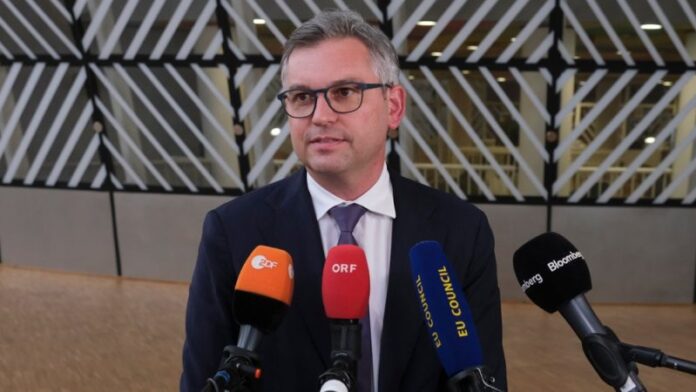Austria has hit out at the latest compromise proposal to reform the EU’s fiscal rules, with Finance Minister Magnus Brunner arguing that it lacks ambition, according to Euractiv.
At the start of October, EU presidency holder Spain presented a compromise on reforming the EU’s public spending rulebook, the Stability and Growth Pact, confident that a common position could be reached on Tuesday. However, with Austria, one of the most vocal critics of the current proposal, continuing to oppose the recent reform, Spain has said that an agreement will not be reached before November.
“The reform proposal for the Stability Pact is not yet ambitious enough,” Brunner told Handelsblatt on Monday.
While the proposed compromise would be better than the original draft, it would still leave much to be desired.
“Of course, it must be possible to take on more debt in difficult times, but this must also be balanced out again,” added Brunner.
The European Commission wants to reform the EU’s fiscal rules by the end of the year to allow more flexibility in debt reduction. Instead of the one-size-fits-all system, it wants country-specific approaches to help southern member states with relatively high debt ratios.
However, Brunner argues that the envisaged pace would still be “too slow.”
“The danger of backroom deals is high,” he said, adding that “if there were to be an individual arrangement for countries, there would have to be very transparent, rule-based and uniform guidelines.”
Debt reduction would be particularly necessary because “this is how a country creates budgetary leeway for real times of need”, Brunner added.
Austria and other fiscally conservative EU countries have been long at odds with a reform of the strict budgetary rules.
Since liberal leader Christian Linder (FDP) took over the German finance ministry in 2021, he has been at the forefront of calls for strict fiscal rules and has put the brakes on their reform.


